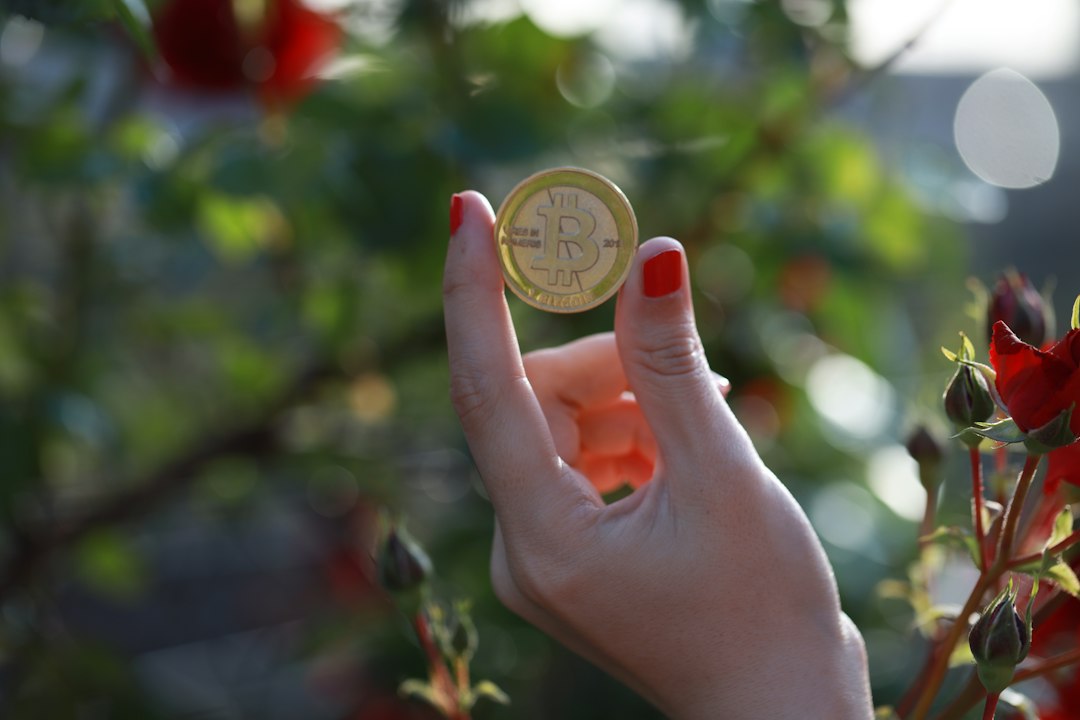Philippines Sells $270M in Tokenized Bonds
The Philippines sold $270 million worth of its maiden tokenized treasury bonds, due in November 2024 with a 6.5% coupon rate. This successful sale garnered immense interest from investors and showcases the government’s commitment to embracing digital technology in the bond market.
Bureau of Treasury’s Tokenized Bonds Biding Amount
The Bureau of Treasury (BTr) revealed that bids for the tokenized Treasury bonds (TTBs) reached 31.426 billion Pesos, surpassing three times the 10 billion pesos minimum offer. This shows a strong appetite among institutional investors for peso-denominated tokenized assets, reflecting the government’s diversification strategy effectiveness. The Land Bank of the Philippines and the Development Bank of the Philippines (DBP) will manage the issuance and the TTBs will be offered with a one-year fixed rate.
Commencement and Effectiveness of Tokenized Bonds
The official offering of the tokenized bonds will begin on November 20 and the issuance will commence on November 22. This signals a step forward in the broader application of distributed ledger technology (DLT) in the government bond market, aiming to reduce risks and costs associated with traditional bond transactions.
Philippines’s Tokenization Stance
The Philippines joins other countries in the region exploring tokenized real-world assets, following Hong Kong’s and Singapore’s initiatives in this regard. BTr Deputy Treasurer Erwin Sta. Ana emphasized the importance of TTBs as a proof of concept, aimed at democratizing investment through digital technology and fostering a financially inclusive local bond market.
Hot Take: Tokenization as a Step towards Financial Inclusion
The successful sale of tokenized treasury bonds in the Philippines is a significant step towards embracing digital technology in the bond market and fostering financial inclusion. As the government continues to explore and implement tokenized assets, this initiative serves as a proof of concept for the broader application of distributed ledger technology in the government bond market, ultimately aiming to reduce costs and risks associated with traditional bond transactions. This move also aligns with the broader agenda of democratizing investment through digital technology, promoting a financially inclusive local bond market.





 By
By
 By
By
 By
By
 By
By

 By
By